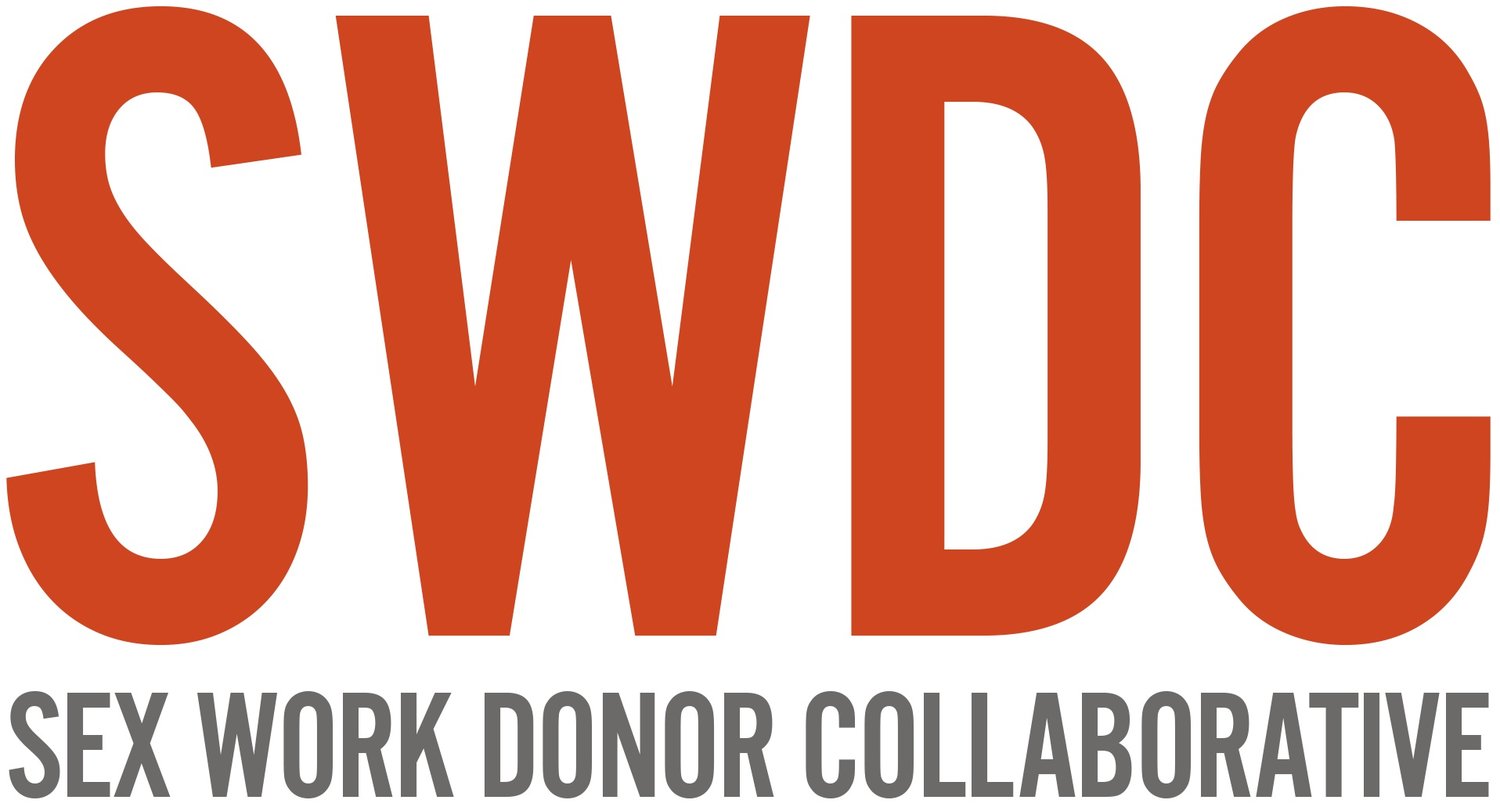Activist Perspectives on the Current State of Funding
The Sex Work Donor Collaborative (SWDC) commissioned research in 2019 to help us understand what data would make a stronger case to increase funding for sex worker rights.
The research, conducted by Strength In Numbers Consulting Group, interviewed 28 sex worker activists through group consultations and individual interviews. The sex workers rights organizations that participated from all over the world were those who had experience applying for or receiving funding and wanted to share their perspective on funding.
Participants voiced strong support and appreciation for the few funders who explicitly support rights-based work with sex workers. They said that they had good experiences with these funders because they are often “community-led” or use participatory models where sex workers are on staff or are used as advisors to direct funding. Even when they are not community-led, activists shared that they can articulate what their communities need and are believed when working with these funders.
Because there is not enough funding that is explicitly sex worker-focused, participants also shared that they regularly apply for funding opportunities from donors who may not be well-informed about the needs of sex workers or include them in their funding strategies. These include funding sources focused on feminism, violence, anti- trafficking, LGBTQI, access to healthcare, labor rights, and HIV. Sex worker organizations are inherently intersectional and it is natural for them to frame sex work issues within a broader context. As one activist said “...We […] point out a lot that most sex workers in the world… are mothers and the head of the family so you’re talking about [a] law against sex work, you’re talking about how you want to treat mothers and how you want to treat workers. We try to use that – the […] labor case and also that we’re the same as other women in society that need the same protections and the same benefits as other people.”
Many have been exceptionally creative in seeking funding through coalition-driven funding requests. For example, some have had success getting funding focused on increased access to healthcare for sex workers who are LGBTQI-identified, homeless, incarcerated, using drugs, and/or migrants. Others have been funded to identify and combat trafficking as a part of some funders’ anti-trafficking portfolios.
These applications required a significant investment of time on the part of sex worker rights organizations. This investment was worth it when the fundraising efforts resulted in flexible grants with minimal constraints (e.g.: corporate social responsibility programs, flexible private donors), but not worth it for smaller amounts of highly restricted resources (e.g. being a sub-sub recipient on a Global Fund for AIDS, TB and Malaria grant focused on HIV services). Unfortunately, due to being a drastically underfunded field, sex worker-led organisations are often forced to adapt to burdensome applications, use strategies like applying through regional networks or being a subcontractor to an international NGOs, using precious time better spent organizing and serving their communities.
The strategy of reaching out to funders outside of those explicit about sex worker rights is also only effective where funders are open to engaging in meaningful dialogue with sex worker leadership. Unfortunately, sex worker activists have been rejected by many funders who do not understand their work. As one activist noted “… you find that sex workers’ issues are not seen as women issues… even in the feminist movement… priority’s not given to sex workers, but it’s given to women and girls, but not for our sex workers who have documented issues of violence, time and time and [time again], we are not given priority in funding.” Even when funded, some funders such as HIV prevention donors, are so restrictive that it harms their work. “…You can’t do anything else with [HIV funding]. It’s definitely not sex worker rights, it’s HIV prevention… they are investing in sex workers because they believe that sex workers are vectors of HIV, and the communities need to be controlled.”
Sex workers use robust and persuasive data to make their case for funding. This includes locally specific data about realities they face, stories and narratives, past organizational successes, and information from international bodies. Sex worker rights organizations cite regional data about violence faced by sex workers, lack of access to services, vulnerability/lack of protection and the link between HIV and violence. Activists engage in participatory research and engage in funded and unfunded collaborations with academics and researchers to investigate issues facing sex workers.
One important insight was that both activists and donors did not feel that data was the most pressing need to enable them to increase the amount and quality of funding for sex worker rights. Activists said relationships with potential funders, not additional data, were key to getting funded. Most funders only accept applications by invitation. Here, sex worker activists show grit and creativity, employing strategies such as hiring a well-known anti-trafficking advocate to open doors, to scanning corporations’ websites and seeing what types of corporate giving programs might be open to them, and identifying personal connections. When funding opportunities are published and open to sex workers, activists share the resource. “If I hear something from somebody, but that information spreads like wildfire. There's something open, we all know we are eligible, everybody applies.”
Sex workers told Strength In Numbers that they welcomed the SWDC members as allies in the sex worker-led movement. Sex worker-led organisations appreciate the funders who have engaged with them, broadened their calls, simplified application processes, offered core flexible funding, and valued rights-based work that is community-led. Sex workers have hustled to create opportunities and are welcome collaborators for improving the efficacy of funding institutions in order to bring about the social change we are all working toward. This research will inform how we engage with the sex worker community, to open more of these doors.
